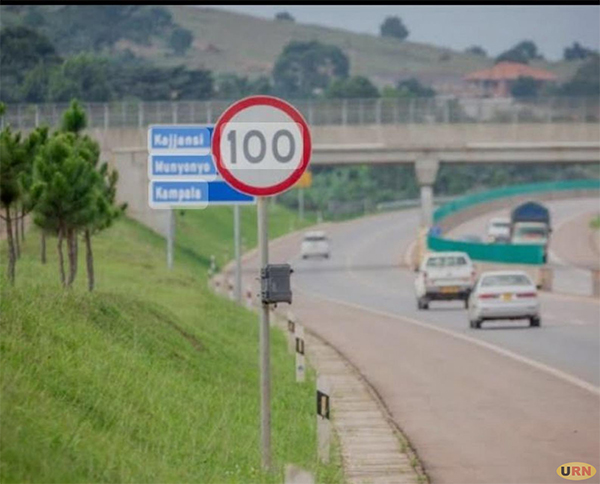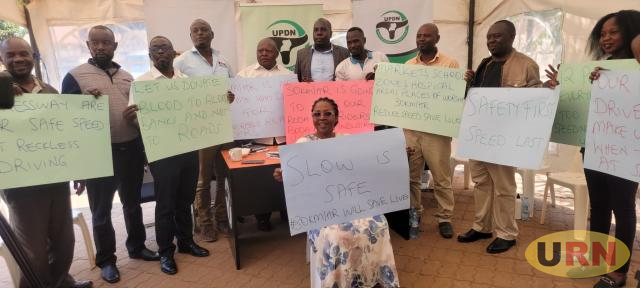
Kampala, Uganda | THE INDEPENDENT | Road safety experts have urged Ugandans to respect the newly gazetted speed limits to reduce carnage.
Traffic police statistics for 2024 show 5,144 Ugandans died in traffic accidents which translates to 14 deaths per day. This has been a gradual increase in road deaths in the last five years and there are no signs that this trend will reduce sooner.
Road Safety Advocacy Coalition Uganda (ROSACU) in collaboration with Global Health Advocacy Incubator (GHAI) have called upon all Ugandans to respect the new speed limits.
Ndugu Omongo, a road safety expert and executive Director of Uganda Professional Drivers Network (UPDN) said the skyrocketing road fatalities can be reduced this year if Ugandans abide by the new speed limits for urban and rural roads as well as the highways.
Omong said Ugandans have often blamed road crashes on infrastructural design and some claim the roads are narrow as causes of traffic accidents which is not true.
According to Omongo, all studies done by various local and international organizations such as the World Health Organization (WHO) have mentioned speeding, driving under the influence of alcohol, not wearing seatbelts, not wearing crash helmets and lack of child restraints as the major causes of road fatalities.
The new regulations, limit speed for built-up areas such as schools, markets, hospitals, and town centres especially where vehicular traffic mixes with human beings to 30km/hr from 50km/hr. The speed limits for all major highways having single carriageways have equally been lowered to below 100km/hr with only Dual carriageways now left with a maximum speed of 100km/hr.
Maria Nkalubo, GHAI’s In-Country Coordinator, has extolled MoWT in collaboration with UPDN, Safe Transport and Survivors Support Uganda (STASSU) and Centre for Policy Analysis (CEPA) to incorporate an aspect that allows local governments to set up speed limits as they deem it necessary.
Uganda Local Government Association (ULGA) has also welcomed the new speed limit regulations for empowering them to set speed limits. Richard Okuku, ULGA Secretary General, said they now have the opportunity to modify (lower) speed limits within their district urban community access roads in Uganda. This will be done by applying to the Minister for Works and Transport which was not provided for in the 2004 regulations.

Passengers and dual-purpose vehicles transiting through urban areas, trading centres and built areas have had their speed reduced from 50km/hr to 30km/hr.
Motorcycles, tricycles and quadricycle have also been restricted to the same speed when moving through urban and built-up areas.
MOWT’s regulations also limit speed on rural roads for passenger vehicles. For instance, passenger vehicles moving on paved roads have been limited to 90km/hr, 60km/hr on gravel roads and 30km/hr on community access roads.
Motorcycles, tricycles and quadricycle on paved roads have been restricted to 60km/hr, 30km/hr on gravel roads and 30km/hr in urban centres.
The public service vehicles and private omnibuses with seating accommodation of eight persons in addition to the driver’s seat have been limited to 80km/hr on paved roads, 60km/hr on gravel roads and 30km/hr in urban and built-up areas.
Isaac Kataabu, a Director at UPDN and Percy Mulamba, a road safety expert at Consult Africa Usalama, have applauded UPDN, STASSU and CEPA as well as GHAI, the funder for supporting MoWT in the development of speed limits.
Road safety experts warned that it is the role of every road user to ensure that the new speed limit prescriptions are heeded. Kataabi emphasised that a driver should know that at any time of the day he or she is a pedestrian since vehicles cannot be taken inside shops, churches or markets.
***
URN
 The Independent Uganda: You get the Truth we Pay the Price
The Independent Uganda: You get the Truth we Pay the Price



